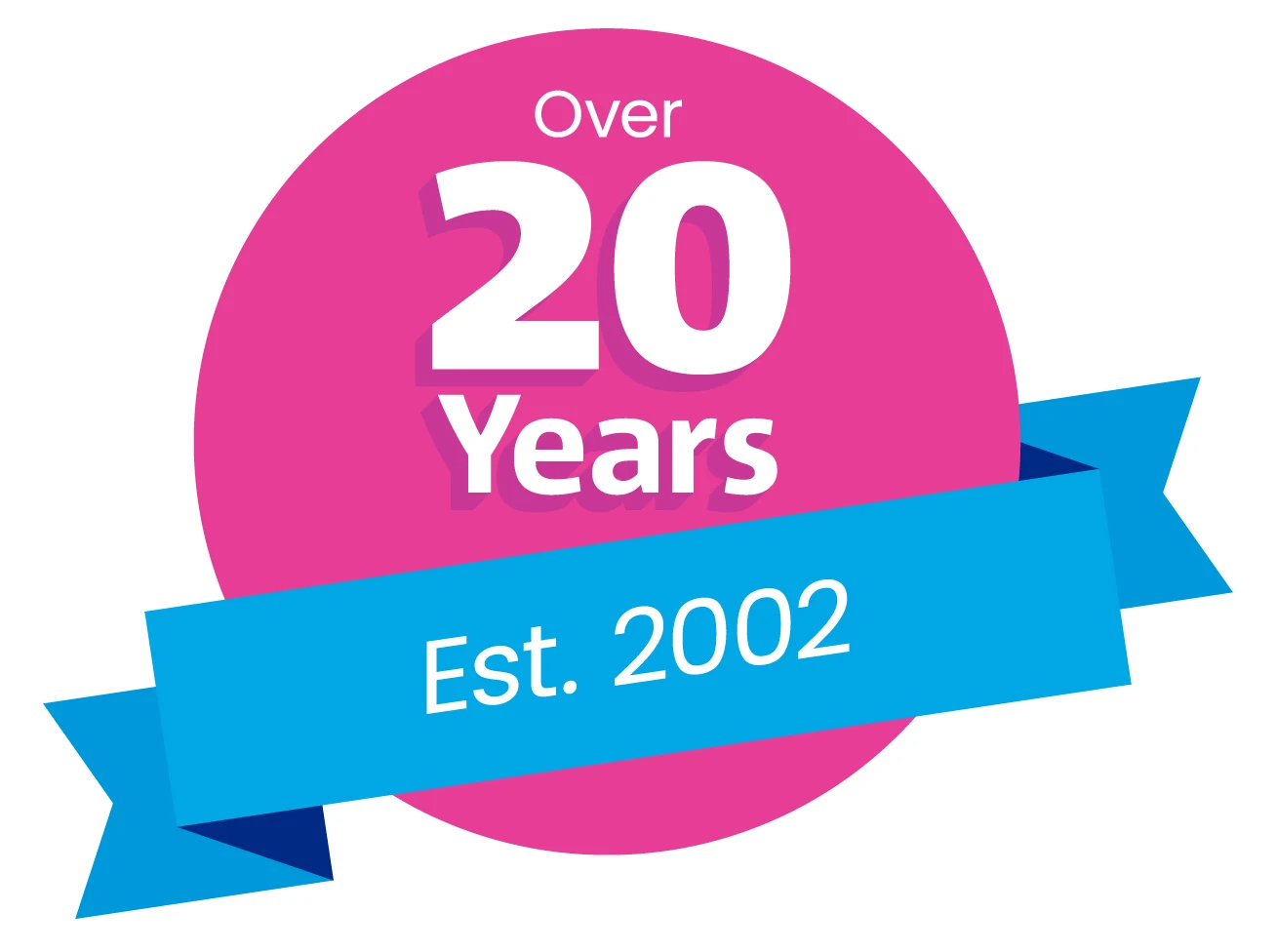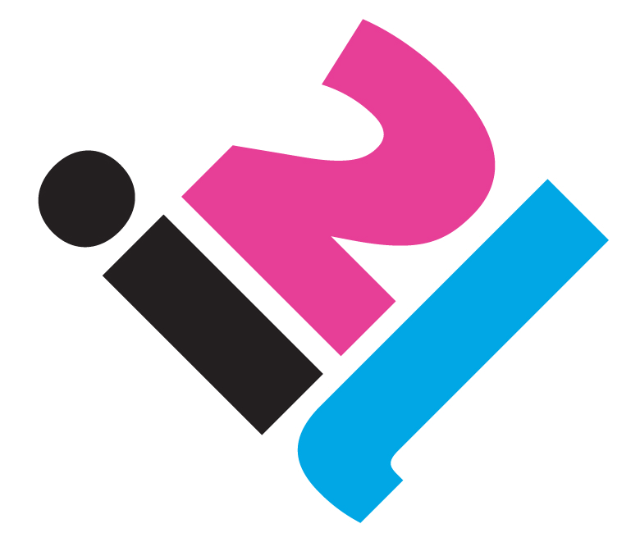A – Z Coaching and Mentoring
Remember that if you have a special request for a definition of a coaching term or principle, just let us know! Perfect for anyone studying for an ILM Coaching & Mentoring qualification, or as a refresher for experienced coaches.
Bb
Barriers to coaching can exist on a personal level or across an organisation. Here are a few examples:
Personal barriers:
- Fear of failure
- Previous experience – low or high, good or bad
- Fear of change
- Lack of motivation
- Lack of confidence
- Not enough time
- Lack of trust
Organisational barriers:
- Culture of poor or limited staff development
- Coaching not seen as a priority for time or budget allocation
- Low level of coaching skills
- Low level of resources and budgets
- Lack of time or time pressures
- Limited understanding of its value
- Resistance from senior management
- Transactional rather than transformational culture
- Lack of psychological safety
- Lack of integration and a hit and miss approach
- A focus on poor performance rather than an ‘excellence’ focus
- Coaching seen as a referral route for remedial support
- A blurring of the boundaries between coaching and mentoring
- Lack of measurement of impact and ROI / ROE evidence
- Previous coaching initiatives which fizzled out or failed
- Reliance on a couple of enthusiasts and / or experts – hen they leave, coaching goes with them
Operational barriers:
- Shift patterns
- Multiple site working and remote working
- Standardisation of models, recording and reporting – not enough or too much.
Coaching should be introduced gradually in order for it to be truly successful and sustainable. Remove barriers at a rate slow enough to win hearts and minds rather than at a speed which causes fear, is over-evangelical or gives the impression that coaching is a ‘here today, gone tomorrow’ fad.
Taken from the A-Z Coaching Handbook by Clare Smale where you will find a comprehensive A-Z, plus a full list of references.
Contact us for your copy of the book or order through our website.




